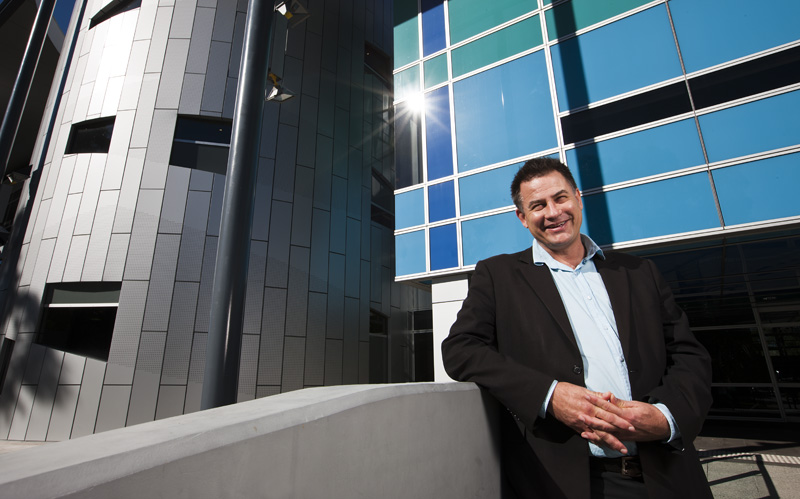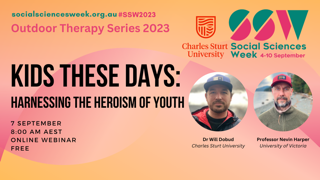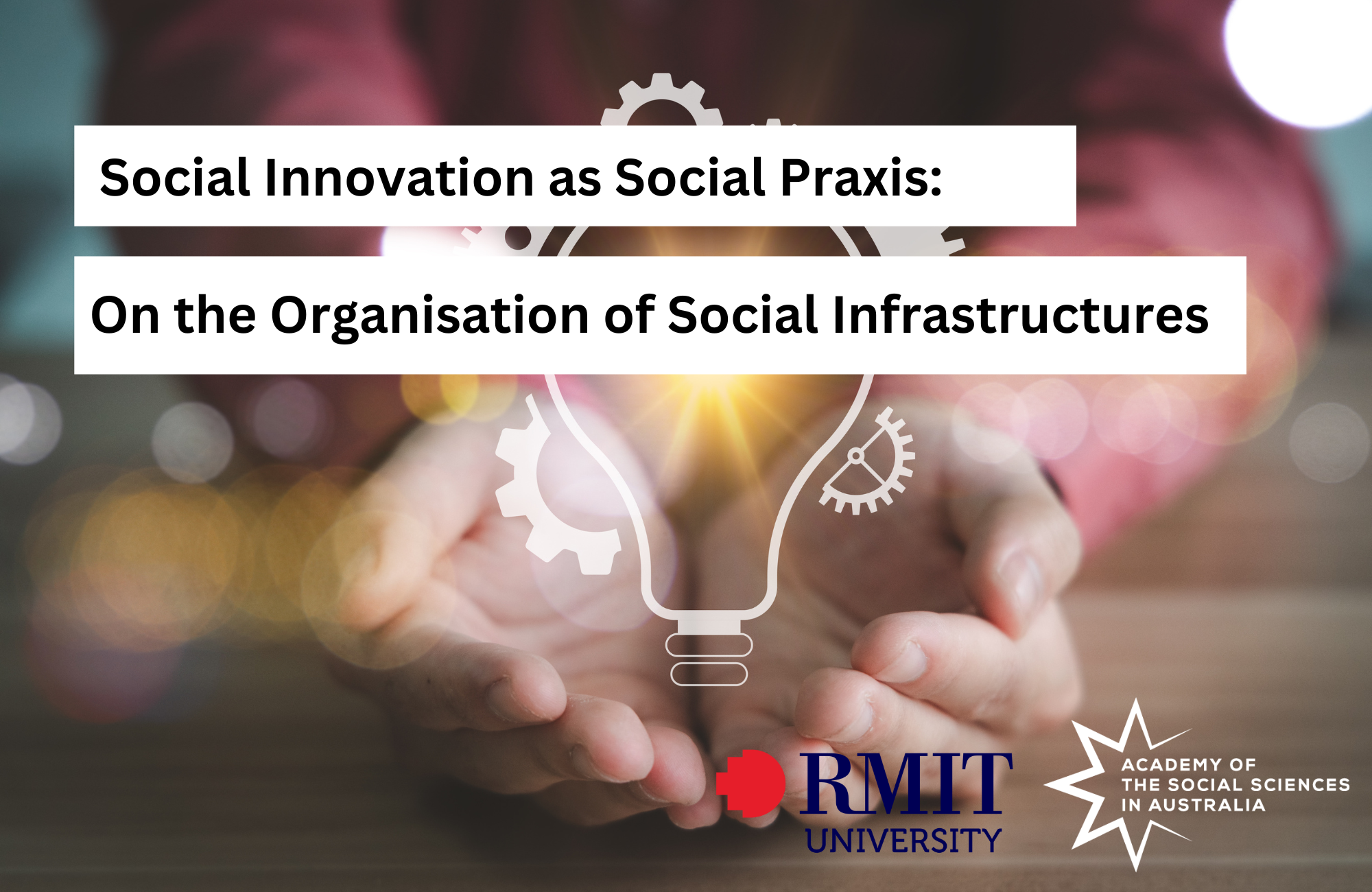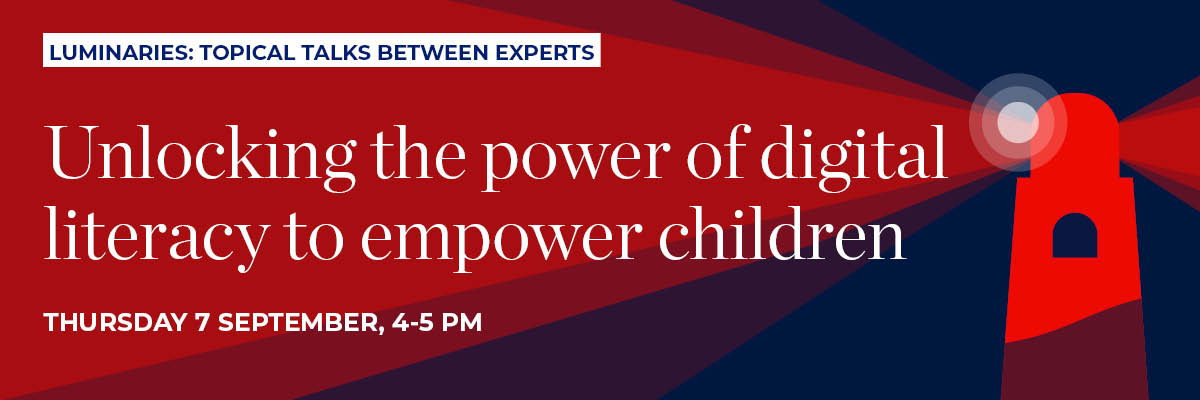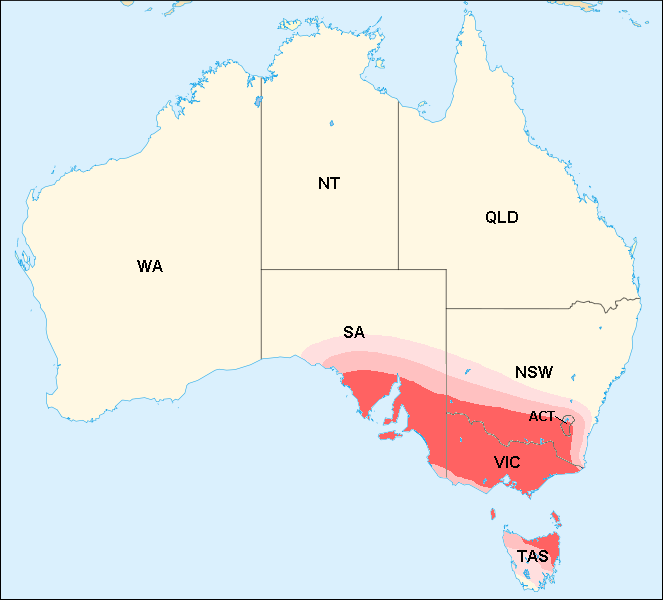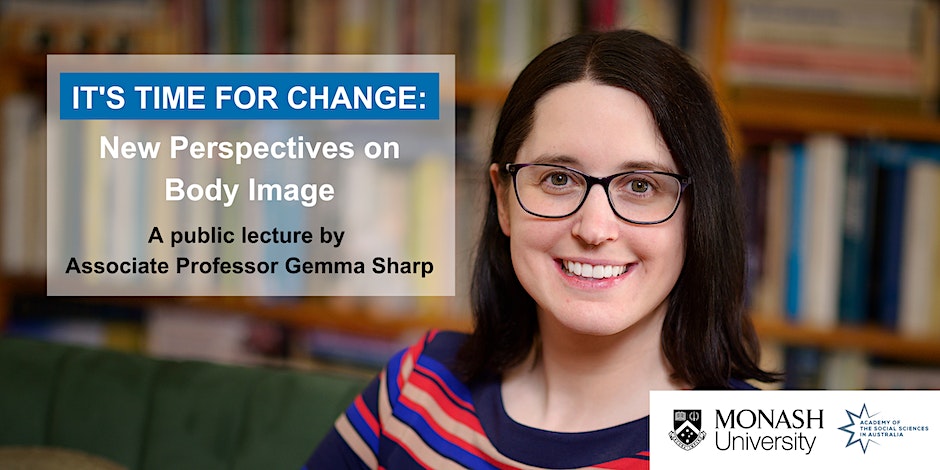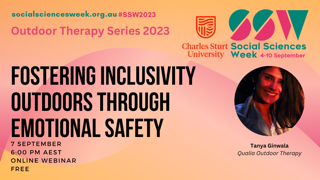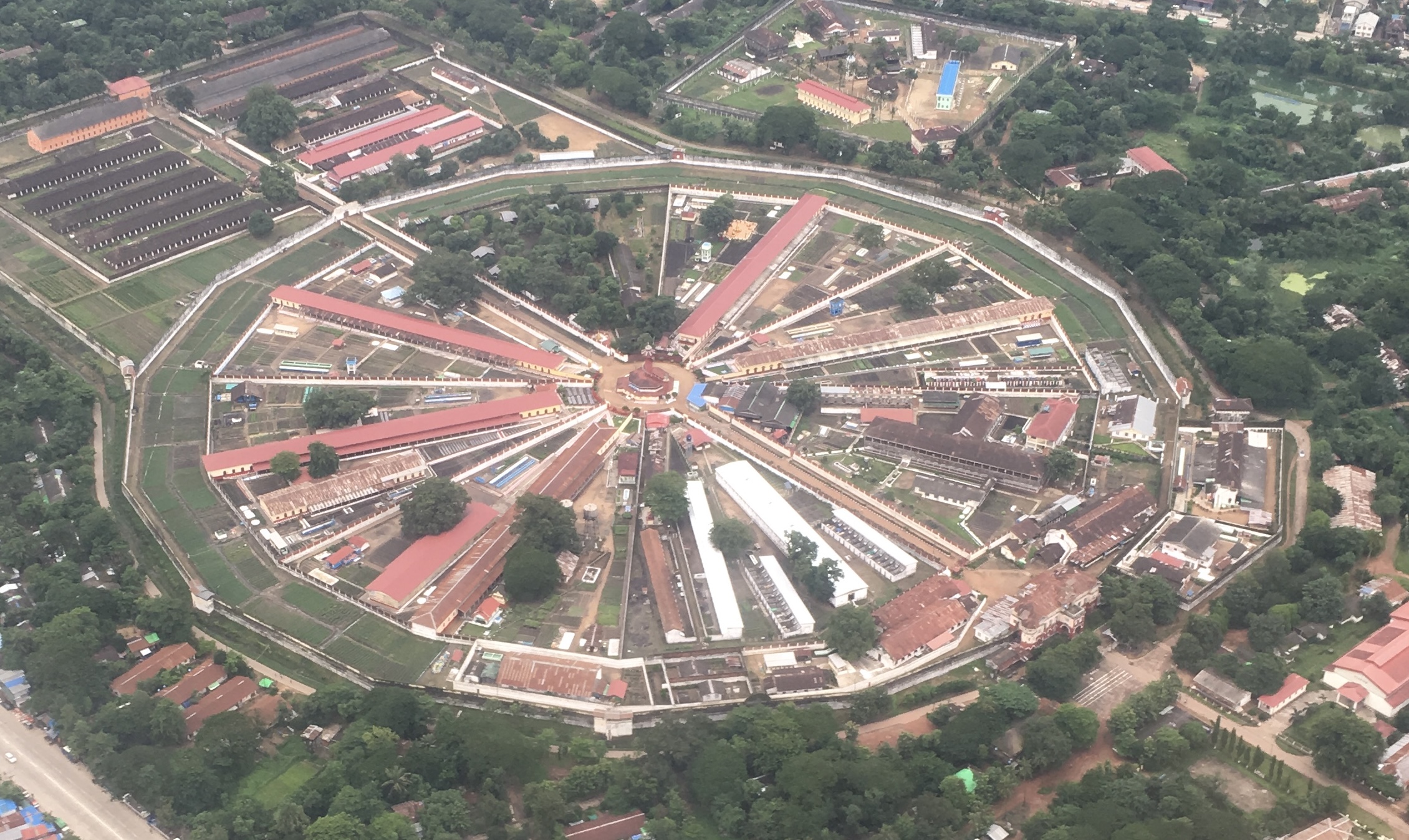Wealth And Giving In Australia: An Examination Of The Evidence And Policy Implications
The University of Western Australia, Business School Hackett Drive, PerthThis presentation from Professor Paul Flatau (Director, Centre for Social Impact, University of Western Australia) will examine trends in the distribution of income and wealth in Australia including by high net wealth and ultra-high net wealth individuals and philanthropic giving of Australians and the potential for giving to rise to achieve positive social impact. The presentation will explore the rate of tax-deductible donations in Australia, and giving among the wealthiest Australians. Overall, Australia is one of the world’s richest nations, and the wealthiest Australians are currently experiencing unprecedented growth in their fortunes. However, Australia’s giving record remains relatively low compared with other wealthy countries. There is untapped potential that exists to better fund the not-for-profit sector. The presentation is organised by the Economic Society of Australia (Western Australia)

